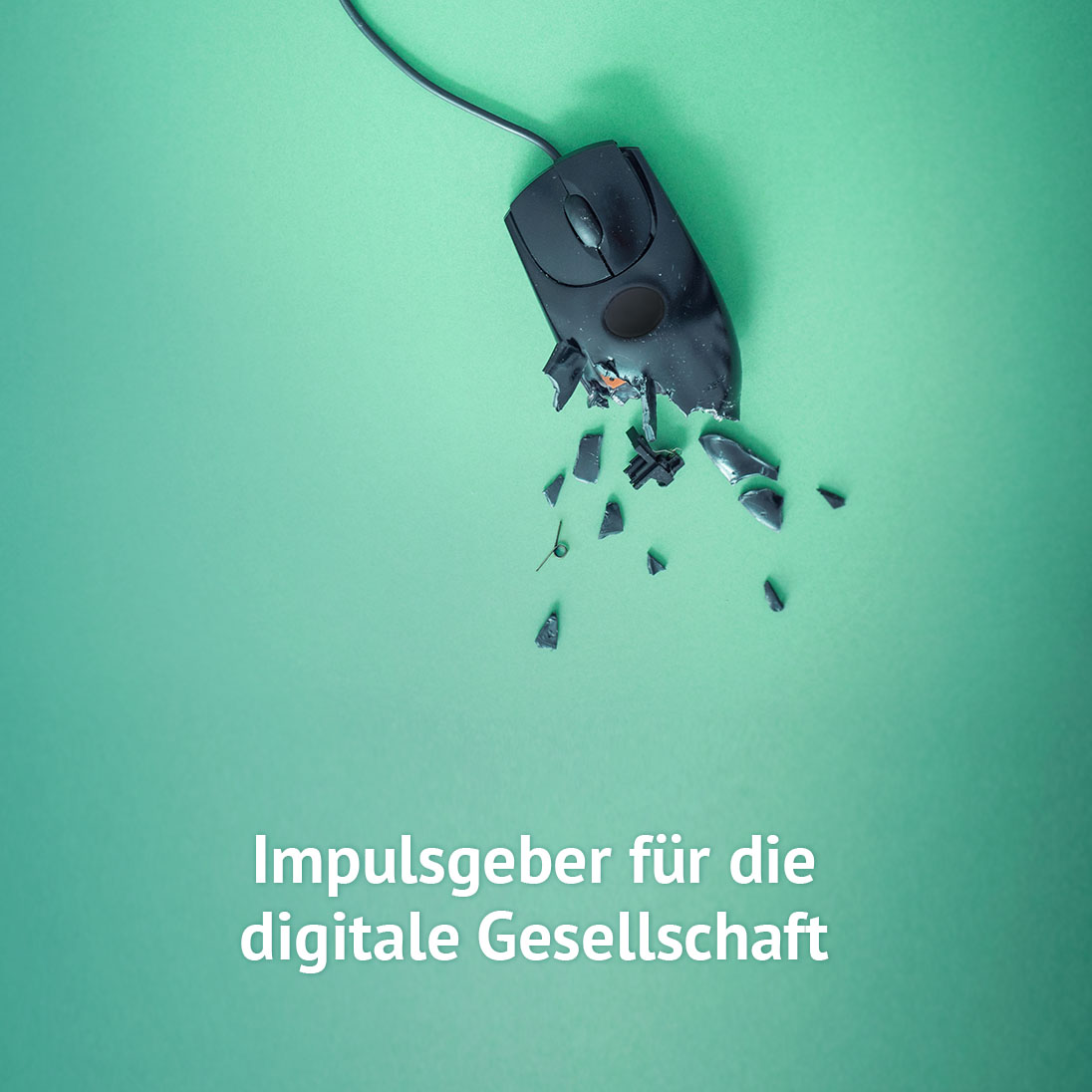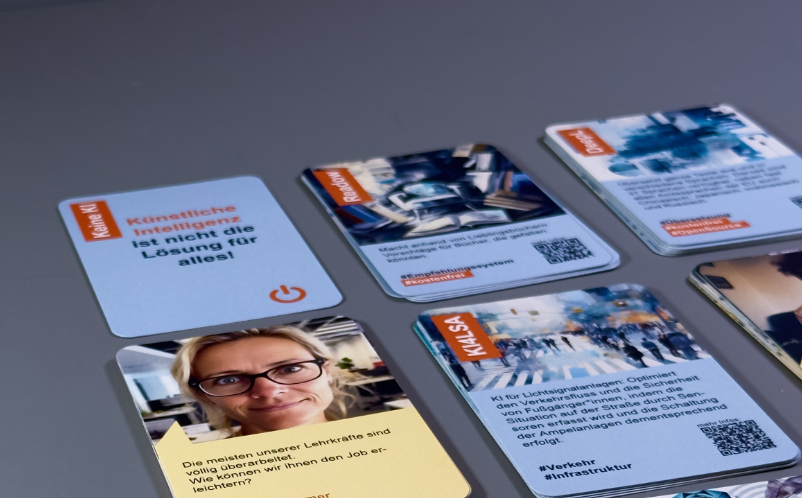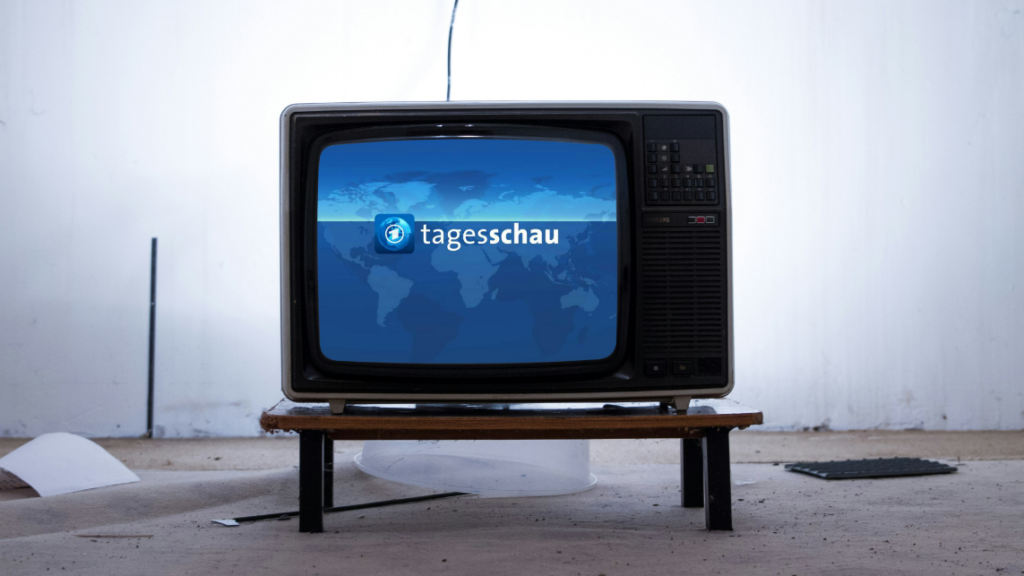Neuigkeiten vom Institut
Aktuelle Veranstaltungen
Forschungsthemen im Fokus
Plattform Governance
In unserer Forschung zur Plattform Governance untersuchen wir, wie unternehmerische Ziele und gesellschaftliche Werte auf Online-Plattformen miteinander in Einklang gebracht werden können.
Data Governance
Wir entwickeln robuste Data-Governance-Rahmenwerke und -Modelle, um praktische Lösungen für eine gute Data-Governance-Politik zu finden.
Künstliche Intelligenz und Gesellschaft
Die Zukunft der künstliche Intelligenz funktioniert in verschiedenen sozialen Kontexten. Was können wir aus ihren politischen, sozialen und kulturellen Facetten lernen?
Digitalisierung und Nachhaltigkeit
Die Digitalisierung birgt zahlreiche Chancen und Herausforderungen für die Nachhaltigkeit. Wie sieht ein verantwortungsvoller Umgang mit Technologie aus?
Offene Hochschulbildung
Wir erforschen den Einsatz von offener Hochschulbildung, um Wissen für alle in unserer zu fördern, zu teilen und zu verbreiten.
Digitale Zukunft der Arbeitswelt
Wie werden KI und Digitalisierung die Zukunft der Arbeit verändern? Wir erforschen ihre Auswirkungen sowie die Chancen und Risiken.
Raus aus dem Digitalisierungsstau: Data Governance bringt Städte und Gemeinden auf die digitale Überholspur
Der Data Governance Wegweiser unterstützt Verwaltungen, digitale Lösungen effektiv umzusetzen.
Netzecho: Reaktionen auf die Tagesschau in Einfacher Sprache
Seit 2024 gibt es die Tagesschau in Einfacher Sprache. Wie wird das neue Nachrichtenformat von Nutzer*innen im Internet diskutiert?
Chancen gegen Einsamkeit: Wie Pflegeeinrichtungen das Quartier vernetzen
Was hilft gegen Einsamkeit im Alter? Pflegeeinrichtungen schaffen neue Räume für Gemeinschaft und digitale Teilhabe.












